Artificial Intelligence in Supply Chain Optimization
Artificial intelligence (AI) is rapidly changing the way businesses operate, and the supply chain is no exception. AI-powered technologies are already being used to improve everything from forecasting and planning to inventory management and transportation.
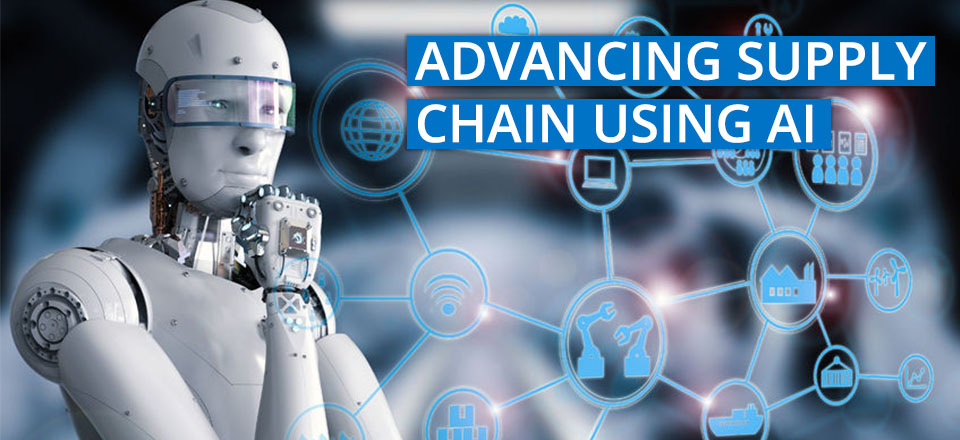
As the amount of data available to businesses continues to grow, AI will become even more valuable for supply chain optimization. By using AI to analyze data and identify trends, businesses can make better decisions about how to manage their supply chains. This can lead to reduced costs, improved efficiency, and better customer service.
In this article, we will discuss the different ways that AI is being used to optimize supply chains. We will also explore the benefits of AI for supply chain management and the challenges that businesses face when implementing AI solutions.
How AI is being used to optimize supply chains

There are many ways that AI can be used to optimize supply chains. Some of the most common applications include:
- Demand forecasting: AI can be used to forecast demand for products and services. This information can then be used to plan production and inventory levels, ensuring that businesses have the right amount of products available to meet demand.
- Supply chain planning: AI can be used to develop and optimize supply chain plans. This includes planning for things like transportation, warehousing, and order fulfillment. AI can help businesses to identify the most efficient ways to move products from suppliers to customers.
- Inventory management: AI can be used to track inventory levels and identify potential shortages. This information can then be used to make decisions about when to order new products and how much to order. AI can also help businesses to manage their inventory in a way that minimizes costs and maximizes customer service.
- Transportation management: AI can be used to optimize transportation routes and schedules. This can help businesses to reduce transportation costs and improve delivery times. AI can also be used to track shipments and identify potential delays.
- Order fulfillment: AI can be used to automate order fulfillment processes. This can help businesses to process orders faster and more accurately. AI can also be used to track orders and provide customers with real-time updates on their orders.
Benefits of AI for supply chain management
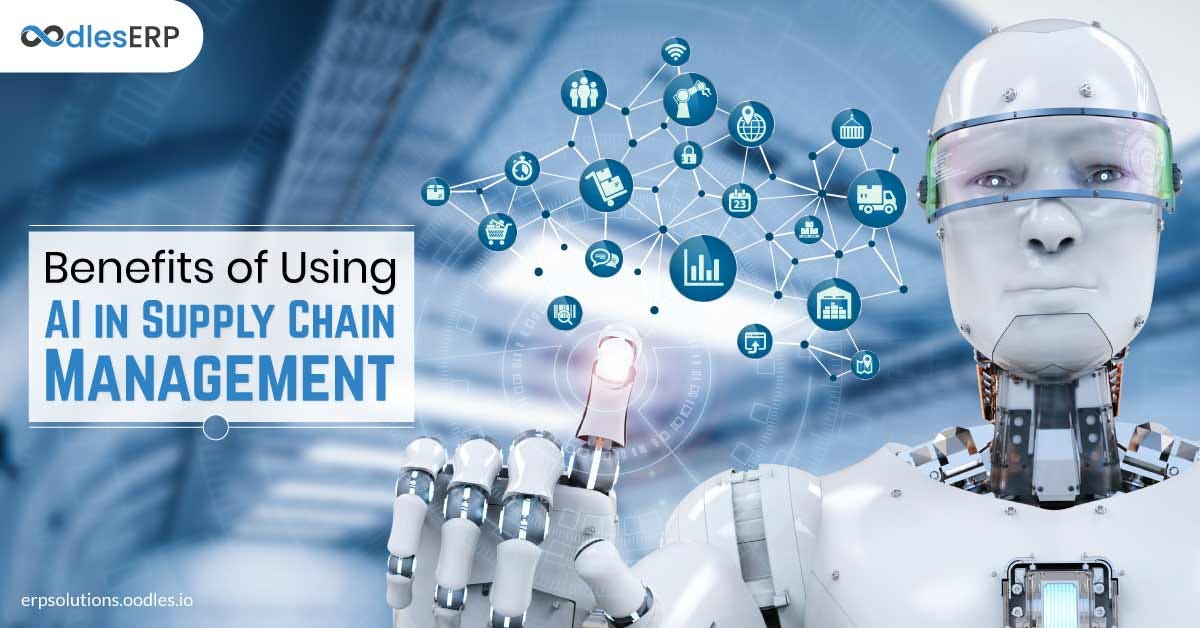
AI can provide businesses with a number of benefits for supply chain management, including:
- Improved efficiency: AI can help businesses to improve efficiency by automating tasks, identifying potential problems, and making better decisions. This can lead to reduced costs, faster delivery times, and better customer service.
- Increased visibility: AI can help businesses to improve visibility into their supply chains. This information can be used to identify potential risks and make adjustments to plans as needed. AI can also help businesses to track shipments and provide customers with real-time updates on their orders.
- Enhanced security: AI can help businesses to improve security by identifying potential threats and vulnerabilities. This information can be used to develop and implement security measures that protect businesses from cyberattacks and other threats.
- Improved compliance: AI can help businesses to improve compliance with regulations by identifying potential violations and making recommendations for how to address them. This information can help businesses to avoid costly fines and penalties.
Challenges of implementing AI for supply chain management
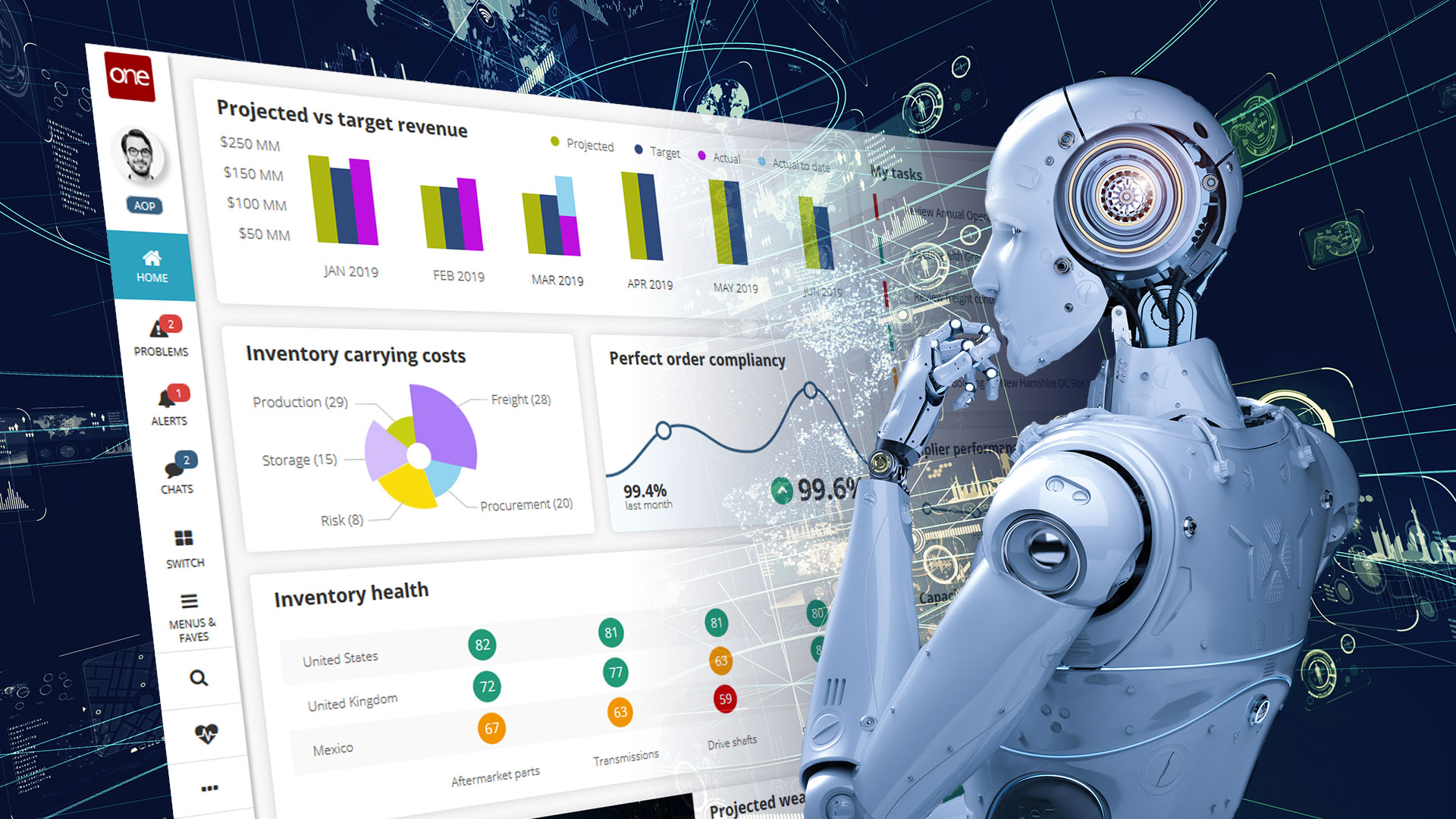
There are a number of challenges that businesses face when implementing AI for supply chain management, including:
- Cost: AI solutions can be expensive to purchase and implement. Businesses need to carefully consider the cost-benefit of AI before investing in a solution.
- Data quality: AI solutions are only as good as the data that they are trained on. Businesses need to ensure that they have access to high-quality data in order to get the most out of AI solutions.
- Technical expertise: Implementing AI solutions requires technical expertise. Businesses need to have the right people in place to manage and maintain AI solutions.
- Cultural change: Implementing AI solutions can require a cultural change within businesses. Employees need to be willing to adopt new technologies and processes.
Conclusion
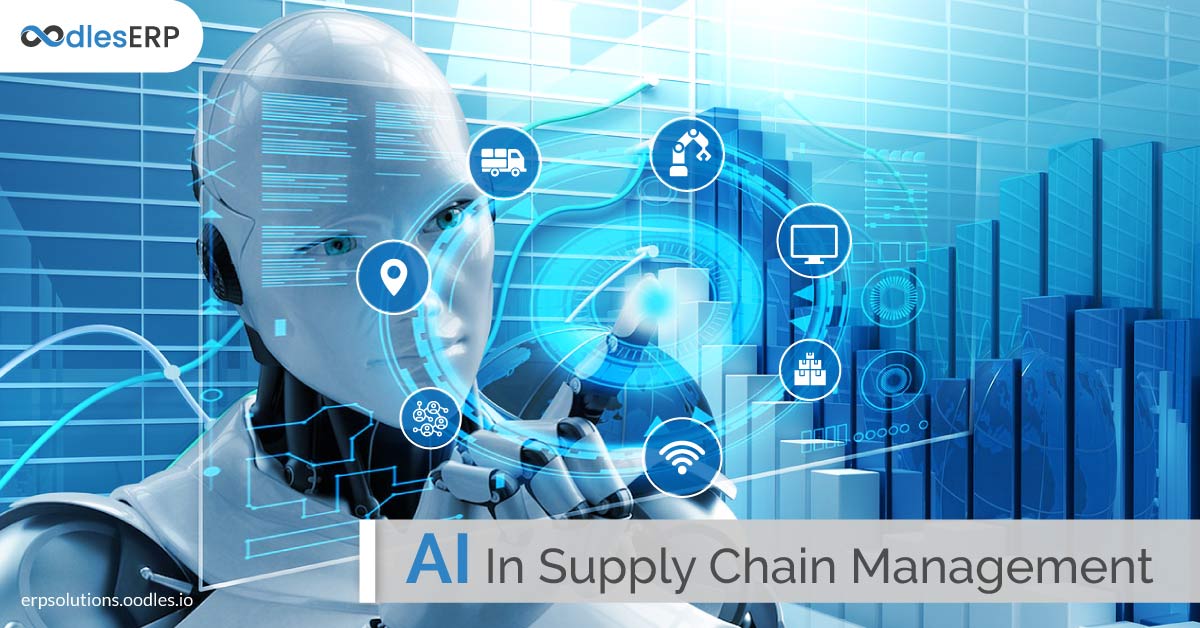
AI is a powerful tool that can be used to improve supply chain management. By using AI, businesses can improve efficiency, visibility, security, compliance, and customer service. However, there are a number of challenges that businesses face when implementing AI solutions. Businesses need to carefully consider the cost-benefit of AI before investing in a solution. They also need to ensure that they have access to high-quality data, technical expertise, and a supportive culture in order to get the most out of AI.
How to Use AI for Supply Chain Optimization
AI can be used to optimize supply chains in a number of ways. Some of the most common applications include:

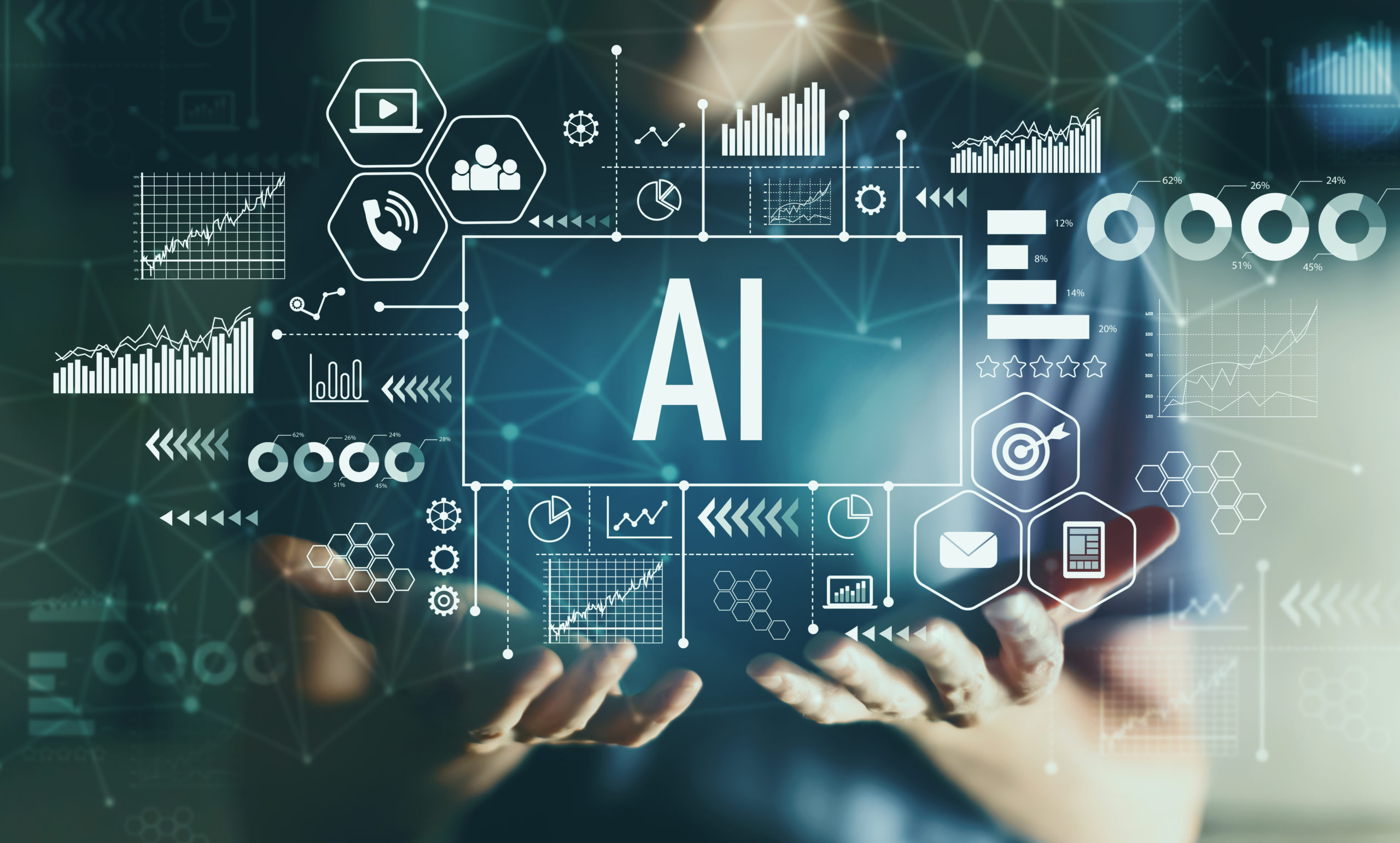
- Demand forecasting: AI can be used to forecast demand for products and services. This information can then be used to plan production and inventory levels, ensuring that businesses have the right amount of products available to meet demand.
- Supply chain planning: AI
Post a Comment